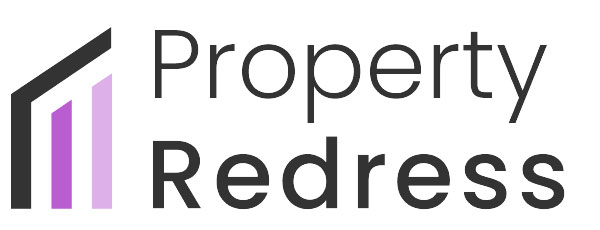Grenfell is sadly a name which will have a negative connotation for many generations.
We hope lessons have been learned, but more importantly, legislation changes to ensure residents’ safety are being adopted unilaterally.
In a very brief summary of the Grenfell report, showing ‘systematic dishonesty of the manufacturers of the products used’, other bodies and organisations at fault contributed to the failure. The overwhelming evidence of fault points to insulation and cladding, which satisfied none of the correct building regulation requirements; in fact, they were concealed.
The appointment of a qualified fire officer and/or trained building control officer(s) should have shown that the cladding was unsuitable. However, the experience of those appointed in that capacity was lacking.
Poor firefighter training, and other outstanding fire risk assessment recommendations, resulted in unqualified and inexperienced individuals responsible for tasks they were not fit to manage.
This begs the question: who is responsible for checking what was being installed, and why was the landlord allowed to ignore fire risk assessment recommendations?
Among the key findings of the report were:
- There was “systematic dishonesty” by the manufacturers of cladding and insulation.
- US firm Arconic, manufacturer of the Reynobond 55 cladding, which experts at the inquiry said was “by far the largest contributor” to the fire, deliberately concealed the true extent of the danger of using its product.
- Manufacturers made “false and misleading claims” over the safety and suitability of insulation to the company which installed it on Grenfell.
- There was a “chronic lack” of leadership at the London Fire Brigade, including too much emphasis on process and an “attitude of complacency.”
- The government and others failed to give proper consideration to the dangers of some kinds of cladding over decades.
- The local council and the Tenant Management Organisation had a “persistent indifference to fire safety, particularly the safety of vulnerable people.”
- How building safety is managed in England and Wales was “seriously defective”.
Inquiry chair Sir Martin Moore-Bick said the deaths had been “all avoidable” and the tower’s residents had been “badly failed over a number of years and in a number of different ways”.
He added that not all of the named organisations and companies bore the “same degree of responsibility for the disaster,” with some showing “dishonesty and greed” while others were simply incompetent.
The report said Arconic had concealed the results of fire tests, which revealed very poor ratings for cladding installed as folded cassettes.
In response to the report, Arconic rejected “any claim” that its subsidiary Arconic Architectural Products had “sold an unsafe product”.
The inquiry also found fault with Celotex and Kingspan, which both made insulation.
We will further digest the Grenfell report and plan to cover the topic in a future podcast.
If you would like to discuss the management of your block, or right to manage, please get in touch.







